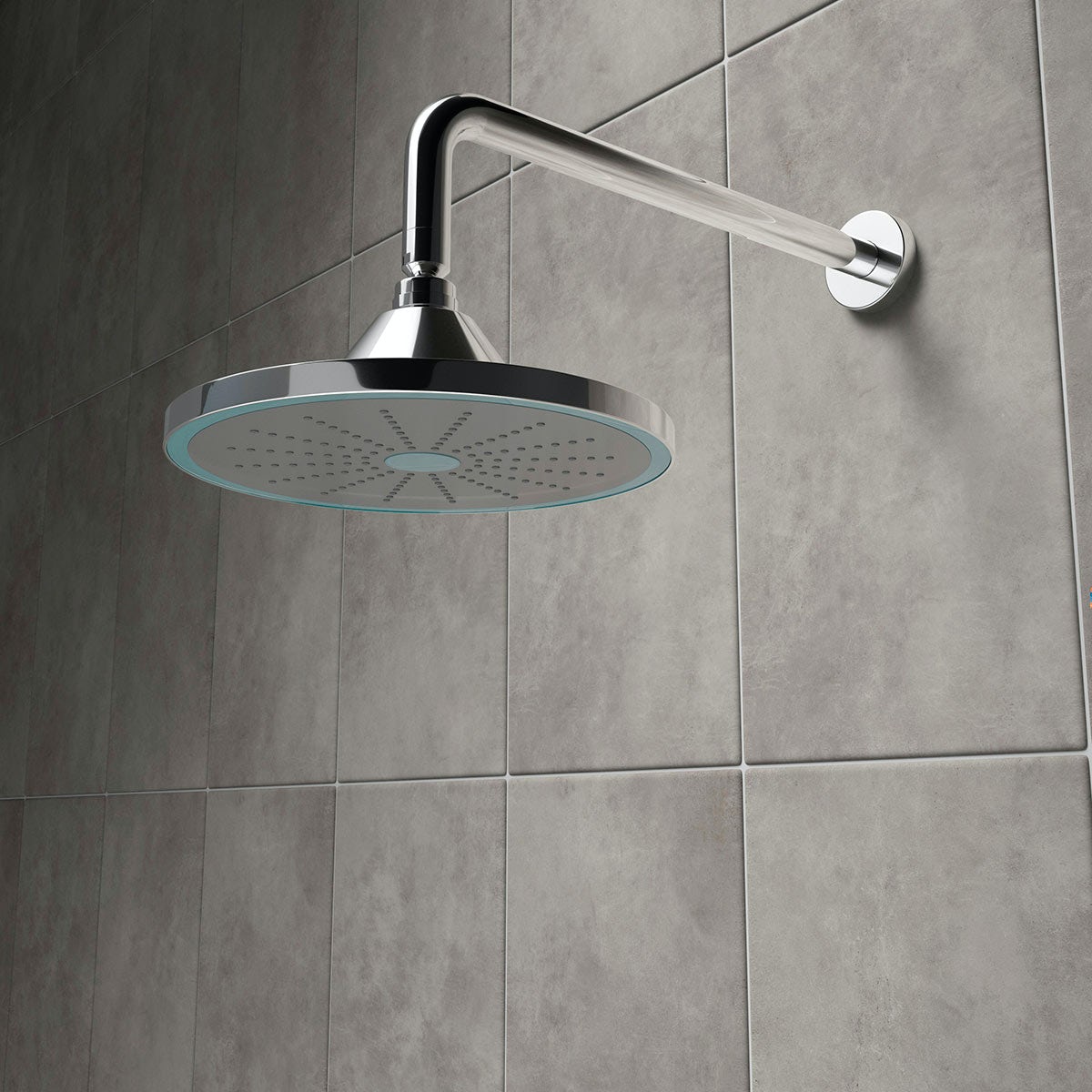The system of purchasing a home may not be like any revel in prospective customers have ever had. After finding a domestic, they like and agreeing on a sale charge with the seller, consumers can count on it to feature many objects to their to-do listings. One of the first matters to write down on that listing is scheduling a domestic inspection. Home inspections are an essential part of the house shopping procedure. Such inspections can guard customers as they’re on the cusp of making what’s going to be the maximum large funding in their lives likely. Understanding the house inspection process can assist customers during an exciting yet doubtlessly nerve-wracking time.
What is a domestic inspection?
The American Society of Home Inspectors defines a home inspection as a goal visual exam of a residence’s physical shape and systems. Inspectors will conduct visual examinations from the roof to the home’s foundation. Additional systems at the property, consisting of sheds or detached outside living areas, aren’t commonly blanketed inside the exam.
What do inspectors have a look at?
The ASHI notes that inspectors will examine the situation of numerous home components. For example, the heating machine, imperative air conditioning unit, interior plumbing, electrical systems, roof (even though inspectors will no longer climb onto the top), attic, and insulation can be examined. Inspectors will also study walls, ceilings, flooring, home windows, doorways, the house’s foundation, the basement (or crawl area), and structural components.
Can a domestic fail inspection?
Homes can not fail domestic inspections, which might be tests of a household’s situation. Municipal inspections are separate inspections using authorities’ businesses to verify that assets comply with nearby codes. Home inspectors will offer precise reviews describing a domestic condition and suggest if any repairs are needed.
Do I need a home inspection?
A home inspection is a critical element that can assist shoppers in making the most knowledgeable selection possible. However, forgoing a review can leave consumers vulnerable to potentially expensive upkeep and issues with a home that would have been detected with a proper hompection. In addition, a few creditors insist that consumers have domestic inspections performed before they allow them to borrow money.







